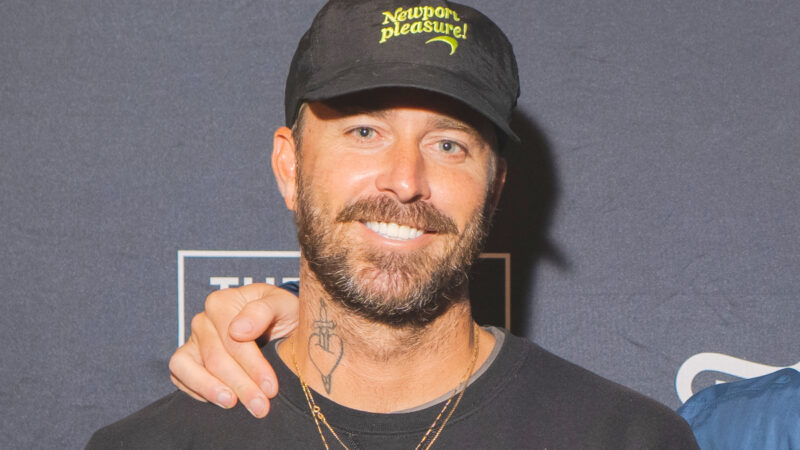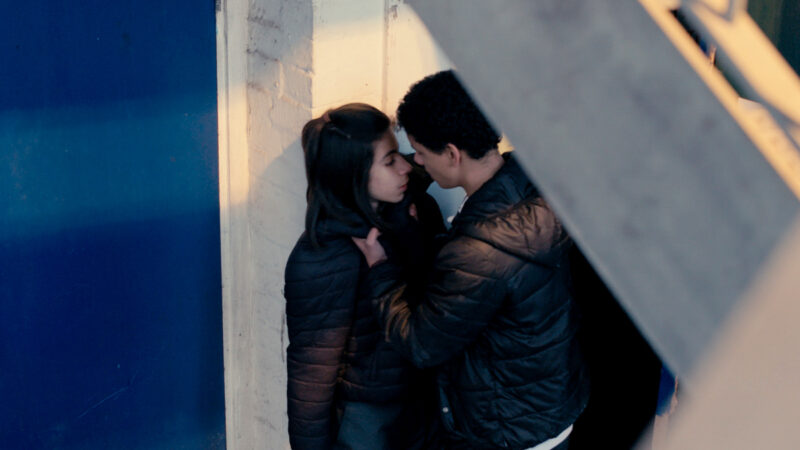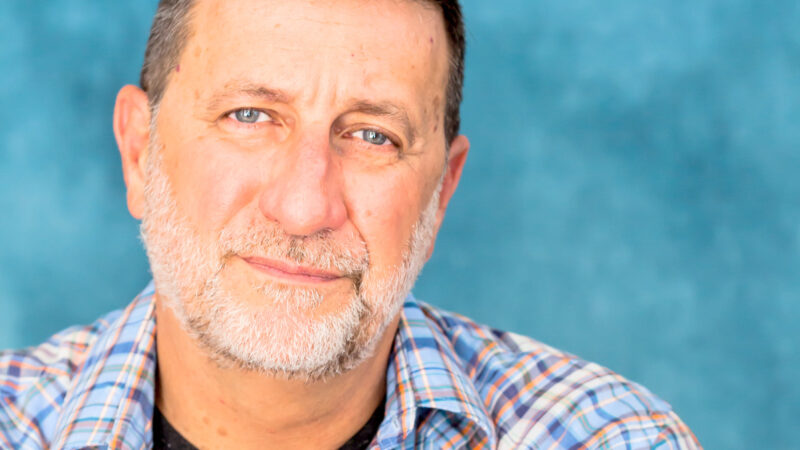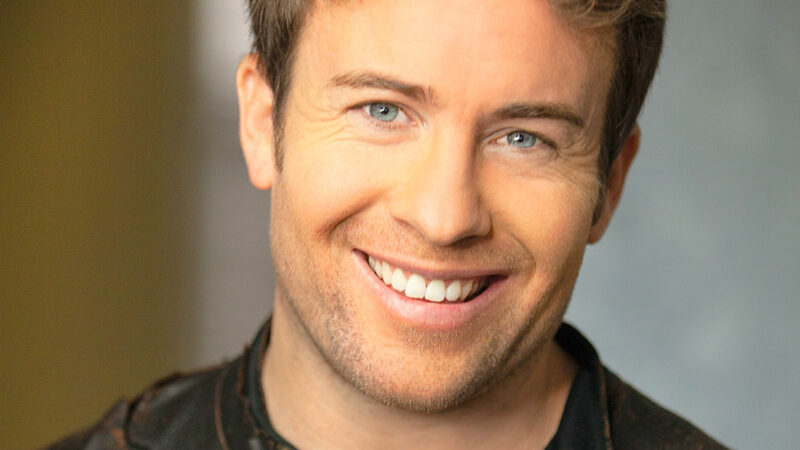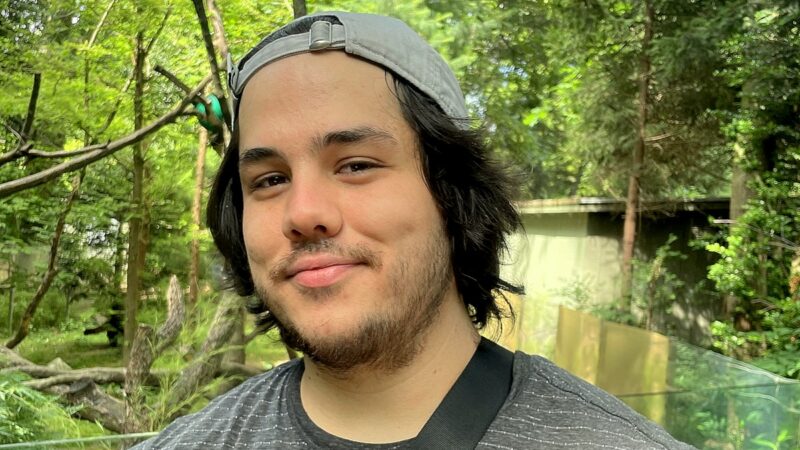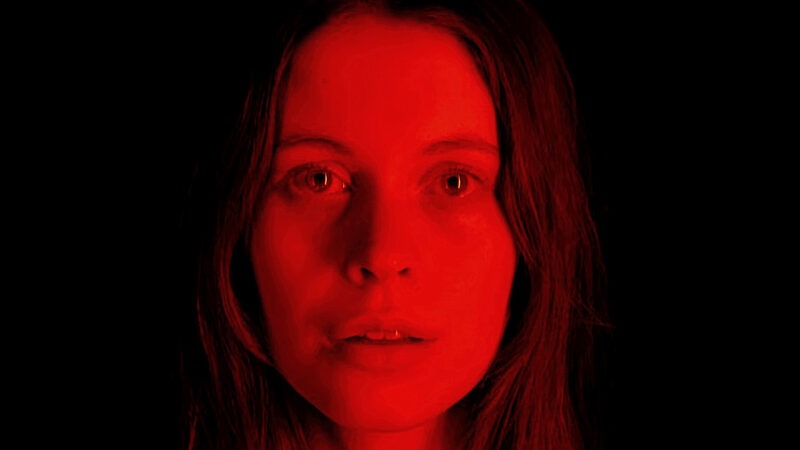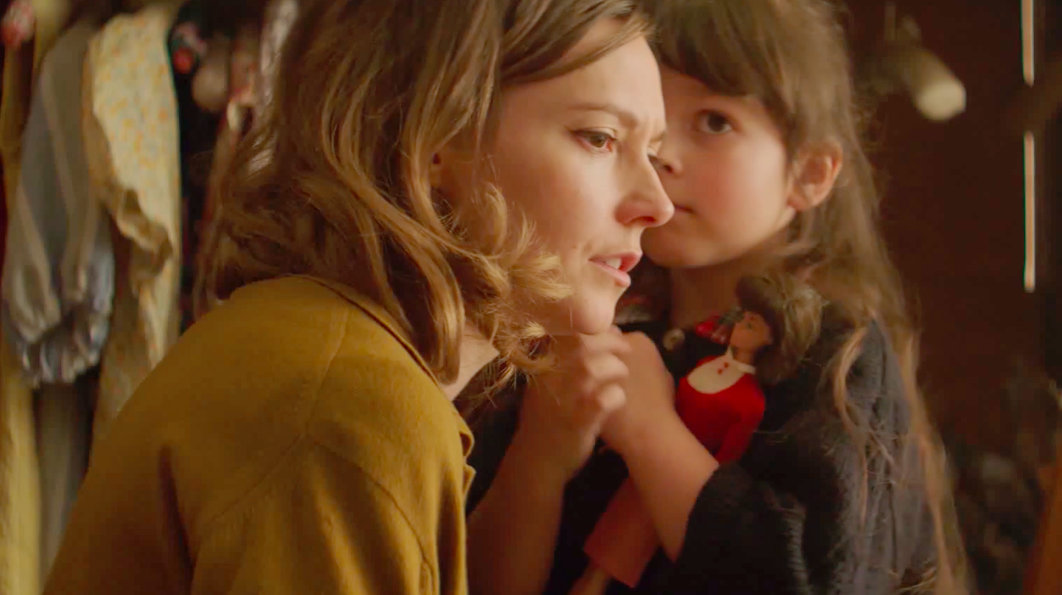
An Industry Case Study
Narrative | Dramatic Features
Film Name: Ganef
Genre: Period Drama
Date: Jan 2020
Director: Mark Rosenblatt
Producer: Suri Ellerton & Mark Rosenblatt, Exec Produced by Anna Mohr Pietsch at Met Films
Writer: Mark Rosenblatt
Cinematographer: Alana Mejia-Gonzalez
Editor: Brian Dors
Production Company: Dumbfounded Production in association with Met Films
Budget: £25K
Financing: Private investment
Shooting Format: DCP, ProRes
Screening Format: 2k
World Premiere: Best UK Short at Nottingham International Film Festival 2020. Best UK Short at New Renaissance Film Festival 2020. Special Mention for Best Short Film Award at UK Jewish Film Festival 2020. Awards Shortlist, and LA Shorts 2020.
The Official Trailer for Ganef
Watch The Trailer for Ganef directed by Mark Rosenblatt
A Short Biography of Mark Rosenblatt
Mark Rosenblatt is a writer, director, and producer. Mark Rosenblatt is known for Ganef (2020), Making Noise Quietly (2019) and The Complete Walk: Henry VIII (2016).
The Mark Rosenblatt Interview
indieactivity: Tell us about “who you are”?
Mark Rosenblatt (MR): I’m British and an established theatre director, now developing work as a screenwriter and film director. “filmMy” theatre productions have been seen across the UK for the last 20 years. I worked as a freelancer, in-house Studio Associate at the National Theatre Studio. The UK National Theatre’s development hub responsible for developing stage shows. Like War Horse and The Curious Incident of the Dog in the Night time. Also as Associate Director at Leeds Playhouse, one of the biggest producing theatres in the UK. Recently I’ve directed new work off-Broadway, in the West End and Japan.
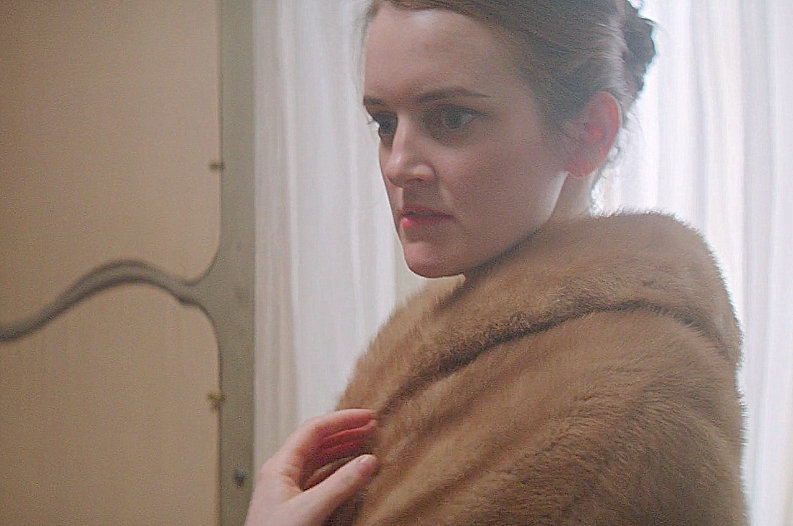
Introduce your film?
Mark Rosenblatt (MR): Ganef means ‘Thief’ in Yiddish. It’s set in London in the 1960’s and is the story of a six year-old girl Ruthie. She is spooked by a story from her troubled mother’s Holocaust past. She starts to believe her playmate, the housekeeper Lynn, is a thief. The actions Ruthie takes to protect her home will cause their treasured friendship to fall apart.
Our lookbook was dominated by PT Anderson’s Phantom Thread, and Joe Wright’s Atonement. Carol Reed’s The Fallen Idol, films which combine grand homes, period settings, a child’s POV (in two instances), miscommunication and yet manage to avoid chocolate box period stuffiness. We shot on anamorphic, stretching and expanding the house and softening and diffusing the light which tips us deeper into the child’s POV and sense of a childhood disrupted
Tell us why you chose to write, produce and direct the movie? Was it financial, chance or no-budget reason?
Mark Rosenblatt (MR): I’ve directed and adapted other people’s material for screen but not directed anything original of my own before – now was the moment! Also there was a specific funding deadline looming, so I had to hunker down and write a script. And also (!) I had a baby coming and I knew, if not now, when? Lots of reasons. In the end we didn’t get the funding but the application process forced us to begin to assemble a team and once we had some momentum (and the enthusiasm of collaborators) we just decided to find a way to make it off our own bat.
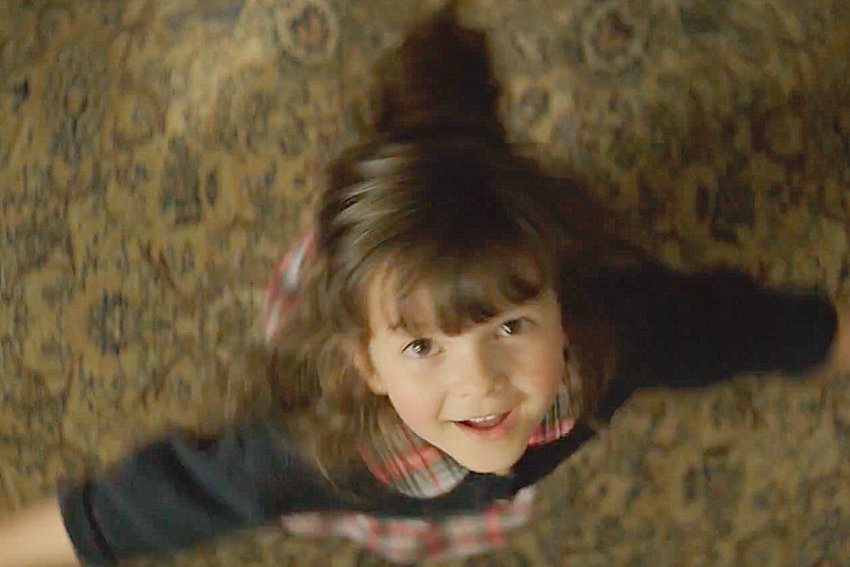
Introduce your crew?
Mark Rosenblatt (MR): My crew was astounding and, as a man, I knew it’d be preferable to tell this female-driven story with the support and presence of as many female HODs as possible. My producer is the brilliant Suri Ellerton, a New York-based producer I met through a connection a couple of years before we made the film. She has been the project’s absolute rock, through thick and thin, from first draft to festival submissions, to dealing with sales agents, the works. She was also heavily pregnant at the time of the shoot but that didn’t stop her with the 2am set strike when we’d wrapped. I couldn’t have done it without her.
Alana Mejia-Gonzalez, my DP, is a stellar talent. We met her recently graduated from the UK’s prestigious National Film & Television School, but, two years on, she’s already wrapped features and a Netflix series, music videos and several more big-hitting shorts, like the gorgeous Foraster which played Cannes Semaine De Critiques last year. And Alana introduced me to the hard graft and extreme pleasures of intense story-boarding, of whittling your shot list down from ludicrous to feasible without compromising on beauty or story-telling specificity. I was very lucky. And she brought with her a brilliant, unbelievably hard working camera crew, led by Theo Ribeiro, our tireless gaffer, who created some very beautiful setups under extremely tight schedules.
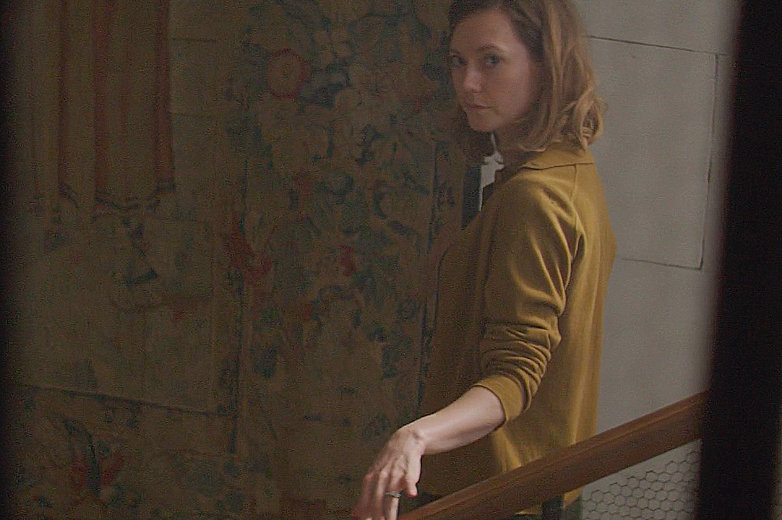
Maya Maffioli, my editor, is one of the UK’s leading doc and feature editors whose body of work speaks for itself – the BAFTA winning features Rocks (huge at TIFF ’20) and Clio Barnard’s latest wonder Ali & Ava. She is also a long-term collaborator with Michael Pearce for whom she cut the amazing Beast (winner, Outstanding Debut Feature BAFTA, 2019) and his latest feature Encounter, starring Riz Ahmed and Octavia Spencer. When I was looking for an editor, I reached out to her as a longshot, via a mutual friend, and, amazingly, she had a slot between proper jobs and was up for it.
Coming from theatre, I’d never cut a film before, so sitting next to Maya for two weeks was like a mini-film school. She’s brutal with coverage, shares every cut with friends to get feedback and as a result, you are able to iron out storytelling issues fast. She’s also got an amazing, innate sense of rhythm and a superb eye for shaping performances.
Sofia Stocco, our production designer, another gem, who’s blowing up on the British indie film scene with work on films like Make Up & Mogul Mowgli. Her attention to detail, working with Laura Lily Smith our art director, gave the home a lived-in, earthed quality. And Sheara Abrahams, our costume designer and long-standing collaborator of industry legends Sandy Powell and Jeany Beavan, tied perfectly judged costumes into the overall colour palette to create that well-to-do, post-war vibe.
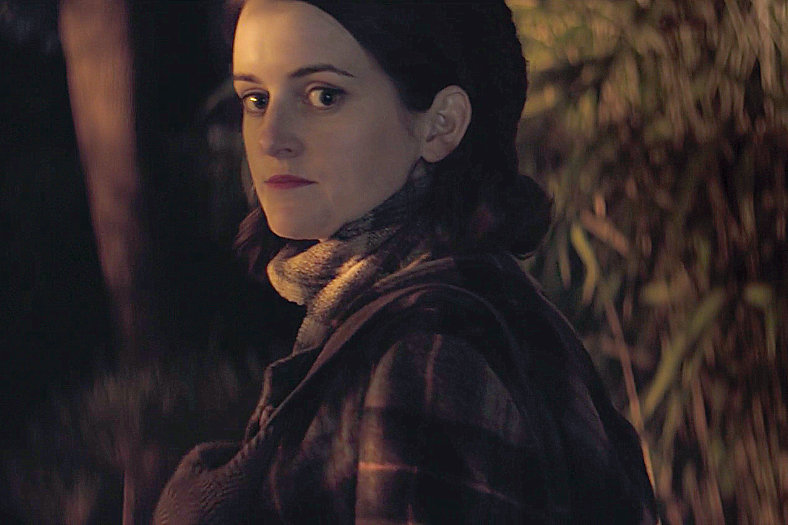
What are your personal experiences putting on all these hats/responsibilities (simultaneously)? Tell us about story, writing, and production?
Mark Rosenblatt (MR): This was a huge learning curve for me, from writing a deeply personal original screenplay, to putting a crew together, to shooting, to the edit and post, to scoping out the festival circuit. Almost every part of it was brand new. Having spent twenty years directing other writers’ plays in the theatre, it was liberating to have the authorial authority – I knew our story back to front and it didn’t have the same anxiety attached.
What is the source of the idea? How did the story develop from the idea? And how did the story evolve into a screenplay? Why do this story? Do you have a writing process?
Mark Rosenblatt (MR): Growing up Jewish in 1980s suburban North London, the trauma of the Holocaust was never far from view – absent elderly cousins and great-uncles; a rolled-up sleeve revealing a concentration camp tattoo; irrational guarded behaviour rooting back to childhoods spent on the run, in hiding, fearing death at every turn. For Ganef I wanted to take a tiny domestic moment – a confusion over some shopping bags, a bungled explanation to a little girl – to explore how that trauma lived on in the smallest details, years after the tragedy that caused it, and how it got passed onto the next generation.
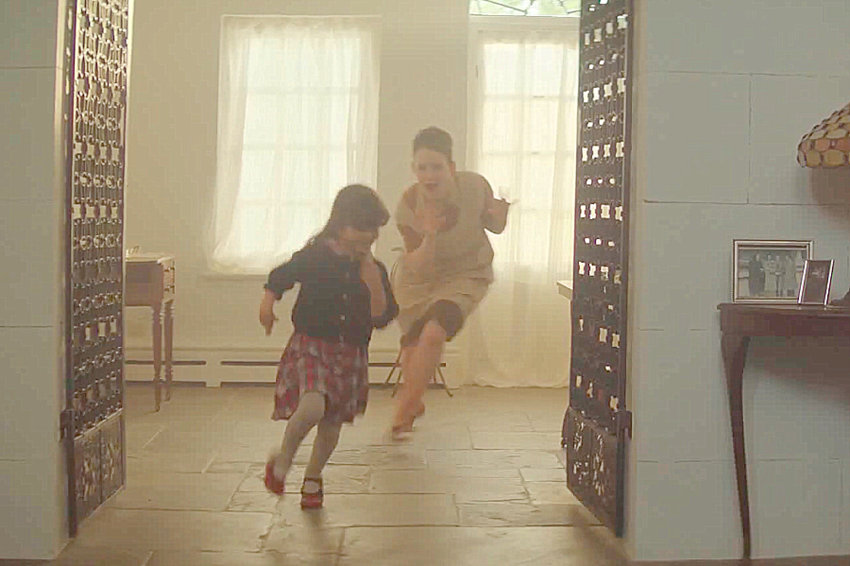
The writing process was pretty fast. A deadline was looming, I had to find a script to submit, so, once I had the hook, I just knocked it out quickly. It developed a lot from that point, lots of brilliant input from writer friends, from my wife, and rewriting it for the specific geography of our house, but the basic shape of it was there from the start – a little girl’s journey from love to mistrust.
What was your rehearsal process and period?
MR: We snaffled a whole afternoon for rehearsals the day before the shoot. This mainly involved 6 year old Izabella peppering the readthrough with extended anecdotes about her day before blowing us all away with a couple of scene rehearsals. But whilst brief, we were on location, so it gave us a great head start. Also, Lydia (Wilson, who plays the mother) and I met a couple of times to talk about the role and I was able to share archival footage of my grandmother being interviewed about her Holocaust experiences. Knowing time was limited, I wrote detailed backstories for each of the characters which I sent to the actors in advance.
You shot the film in days. How long were your days?
MR: Yeah, 3.5 days. We started at 9ish and had to finish each day by about 5.30pm so the owner of the house could be in bed by 7pm! She’s an amazing woman but also a creature of extreme habit and, in her mid-80s – a condition of using the house was being out in time for her incredibly early bedtime.
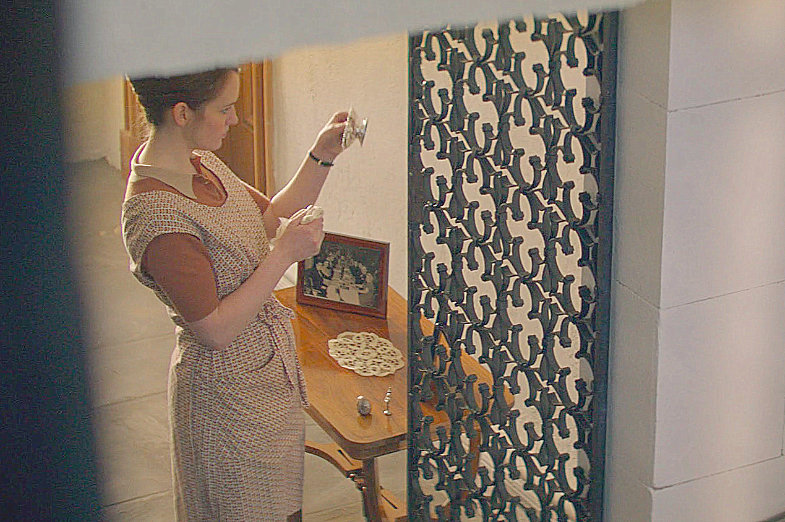
During the film production, what scene (that made the cut) was the hardest to shoot? And why?
MR: The playing sequence between the girl and the cleaner at the start – it was fun, but required a lot of matching of shots, guiding the little girl through some eyeline issues, and just generally working intensively to achieve it all within the specific limitations of the young actress’ time constraints (in the UK we’re limited to 3 hours in front of camera per day for a child six years old and under). But I’m delighted with how it came out.
What was the experience like of working with a small shooting crew?
MR: Thrilling. This was the biggest crew I’d worked with so it didn’t feel small. Last time out I had a boom operator, a DP and a producer. So this – camera crew of about 6 – felt like I was Cecil B De Mille!
The film looks stunning. How did you get such a good look when shooting so fast?
MR: Thank you. Prep prep prep, a very talented crew, extremely rigorous story-boarding, shooting on anamorphic, incredible luck with the location house. It also really really helped that we’d secured the location house 4 months in advance and that the owner allowed us to do several rescues. Made a world of difference to our build-up.
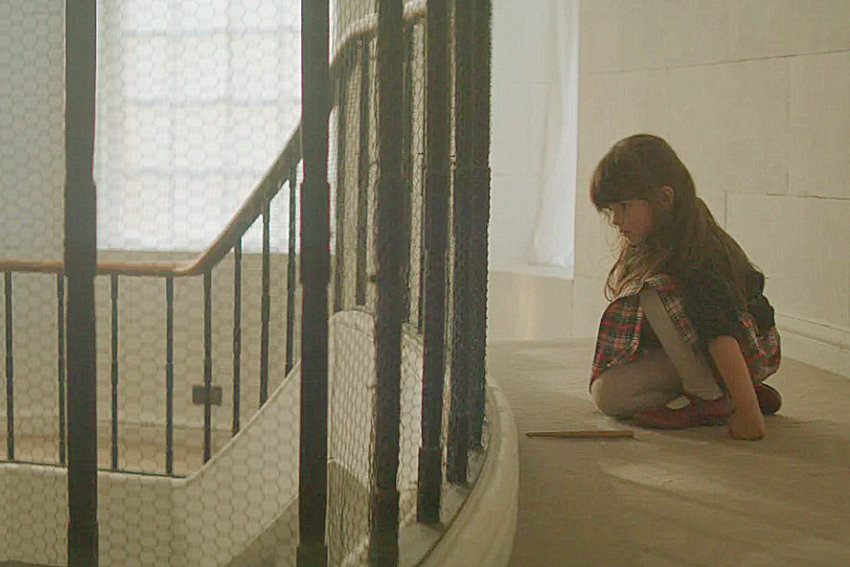
Where do you think your strengths lie as a filmmaker?
MR: Coming from theatre, which is very verbal, I push myself to do the opposite, to think visually, strip out the words. And I know how to work with actors – I have a process and a language and that isn’t always the case on sets, where filmmakers are brilliant compositionally and technically but don’t always know how to support the actor.
What do you hope audiences will get from the presentation of your film?
MR: An insight into the quiet aftermath of trauma, the ways it can never let go, how it gets transmitted down to the next generations and how, like a particularly nasty virus, it can infect everyone it contacts.
What else have you got in the works?
MR: Writing a few features, one of Ganef, a couple others with co-writers, developing a TV show which is properly in development now, and a play for a theatre in London. Just trying to write, write, write and get better at it by writing work that feels personal and just by doing it.
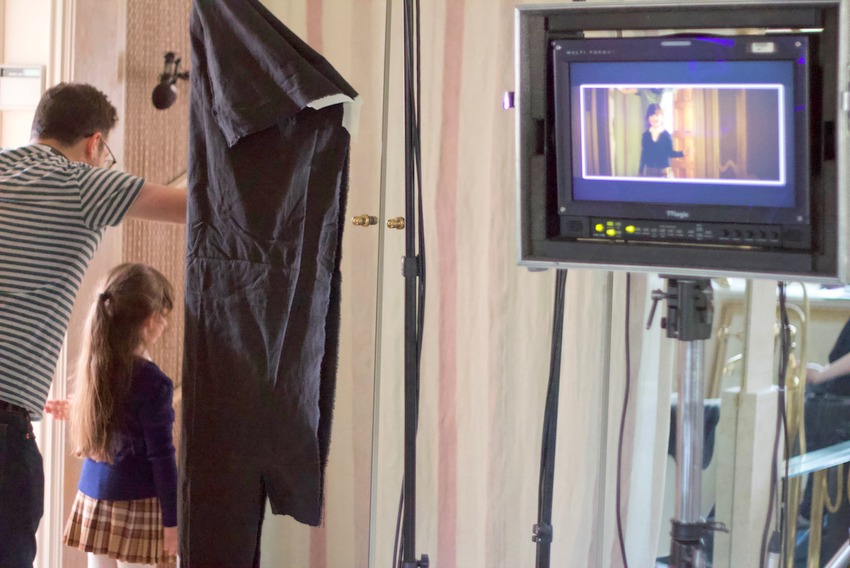
Tell us what you think of the Case Study for Ganef. What do you think of it? Let’s have your comments below and/or on Facebook. Or join me on Twitter.
Follow Mark Rosenblatt on Social Media
Website
IMDb
LinkedIn
Instagram
Vimeo
MORE STORIES FOR YOU

